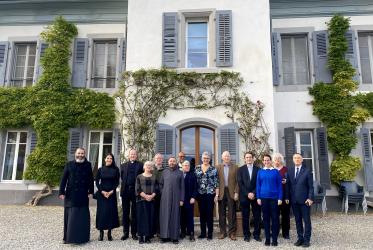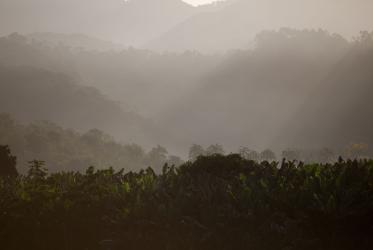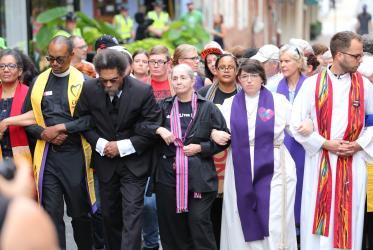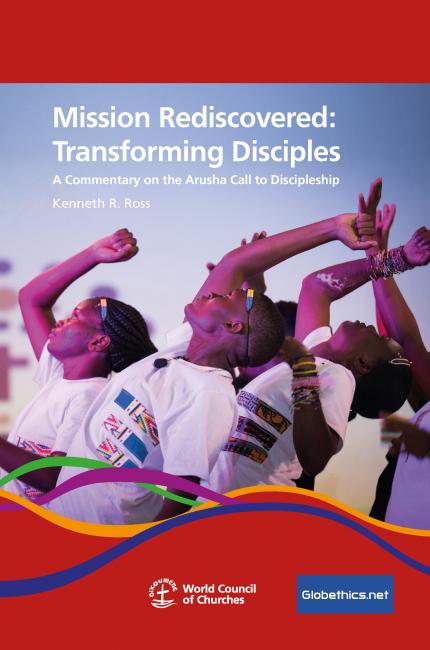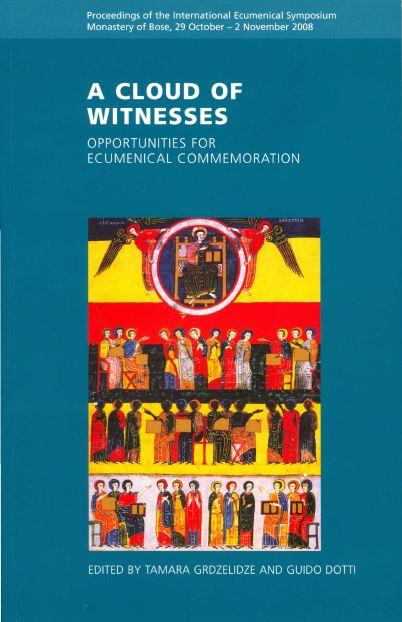Displaying 1 - 20 of 20
Towards a Global Vision of the Church Volume I
Explorations on Global Christianity and Ecclesiology, Faith and Order Paper 234
14 November 2022
A Hundred Years of Mission Cooperation
The Impact of the International Missionary Council 1921-2021
21 August 2022
Missiological conference - Centenary of the International Missionary Council
16 - 18 November 2021
Online
Online event-“Anti-racist in Christ? Ecumenical Christian Repentance, Reflection and Action on Racial Discrimination and Xenophobia.”
14 - 17 June 2021
https://us02web.zoom.us/webinar/register/WN_U6s791s5TPqMZAywAFMdYA
Mission Rediscovered: Transforming Disciples
A Commentary on the Arusha Call to Discipleship
02 December 2020
Book Launch - "Mission Rediscovered: Transforming Disciples"
02 December 2020
https://www.oikoumene.org/live
“Re-visiting Arusha 2018 : Highlights of African Missiology”
13 February 2020
Desmond Tutu Conference Centre, Nairobi, Kenya - (Online)
3rd Explorations in Evangelism meeting: "Evangelism and the legacies of colonization and enslavement"
23 - 28 June 2019
Toronto, Canada
A Cloud of Witnesses: Opportunities for Ecumenical Commemoration
Faith and Order paper No.209
01 February 2010


